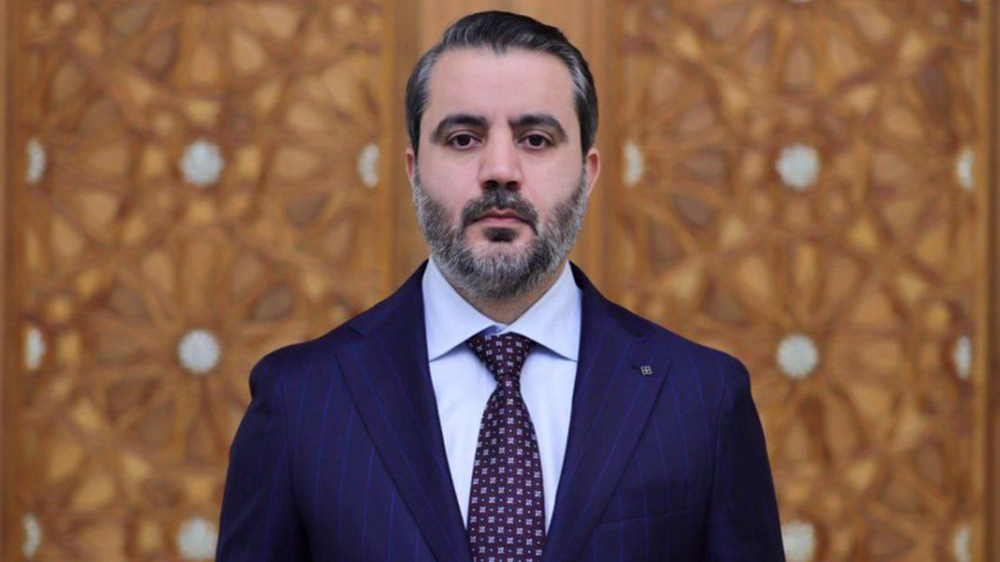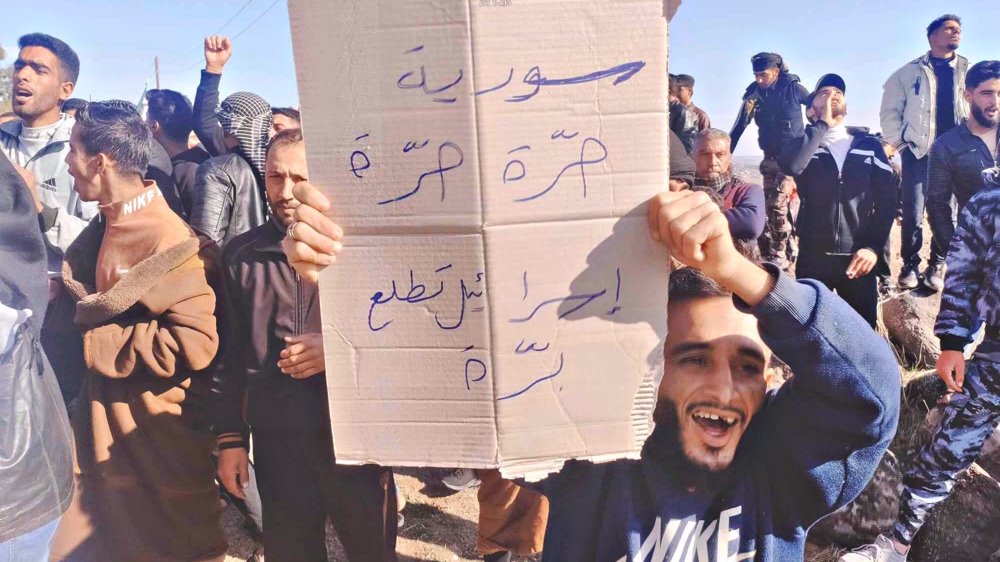UN envoy expects Syria talks to yield 'clear roadmap'
The UN special envoy for Syria says he expects the talks on Syria to result in a clear roadmap, if not an agreement, to resolve the crisis in the war-ravaged country.
Staffan de Mistura made the comments at a news conference on the UN-sponsored Syria peace talks in Geneva, Switzerland on Monday before the Syria peace talks slated to be held later in the day.
He said the upcoming round of talks will end by March 24, and would be followed by a second round after about a 10-day recess. De Mistura added that a third round of negotiations was expected after another break.
“By then, we believe that we should have at least a clear roadmap. I'm not saying an agreement, but a clear roadmap, because that is what Syria is expecting from all of us,” the UN envoy said.
He said the negotiation will be inclusive, adding that all Syrians should be given a chance to be heard.
De Mistura also warned that the only "plan B" that he knows of for Syria is a return to war, adding that this alternative is an even worse conflict than the present one.
The UN envoy said the talks must address the humanitarian needs of the people of Syria, especially children, while underlining the need for getting the talks quickly focused on “the real issues.” “What is the real issue? The mother of all issues (is) political transition,” he said.
An earlier round of talks collapsed early in February after the Saudi-backed opposition left the talks amid the Syrian army’s Russian-backed gains against militants on several fronts.
On Sunday, Syrian Ambassador to the United Nations and head of the government delegation Bashar al-Ja’afari rejected a demand by the Saudi-backed opposition group to discuss a political transition away from Syrian President Bashsar al-Assad, saying setting such a precondition for peace talks will only cause them to fail.
Syria has been gripped by foreign-backed militancy since March 2011. According to a February report by the Syrian Center for Policy Research, the conflict has claimed the lives of some 470,000 people, injured 1.9 million others, and displaced nearly half of the country’s pre-war population of about 23 million within or beyond its borders.
‘All wars have rules. All of those rules have been broken’ by Israel
VIDEO | Report flags India’s violation of rights of Rohingya detainees
Turkey's foreign minister meets Syria's de facto leader in Damascus
'Next to impossible' to rescue patients from Gaza's Kamal Adwan Hospital: Director
VIDEO | Vietnam current prosperity
Report blames gasoil exports for shortage at Iranian power plants
VIDEO | Hind Rajab Foundation names Israeli war criminals vacationing after Gaza genocide
VIDEO | Australians rally for Gaza ahead of Christmas festivities









 This makes it easy to access the Press TV website
This makes it easy to access the Press TV website